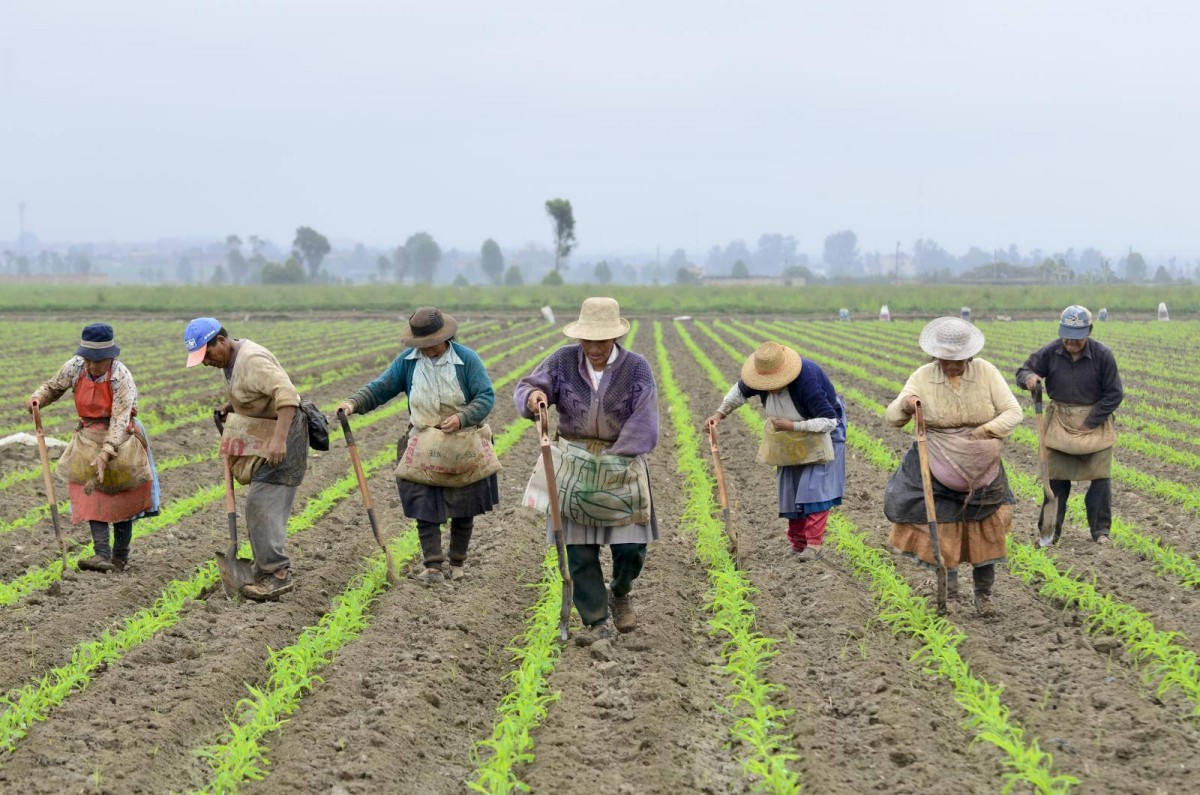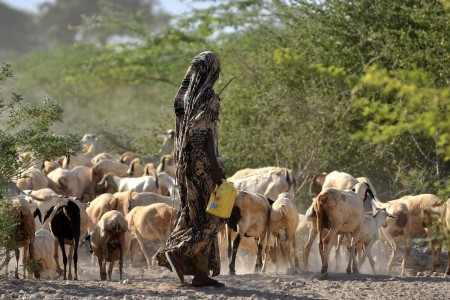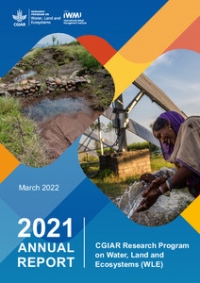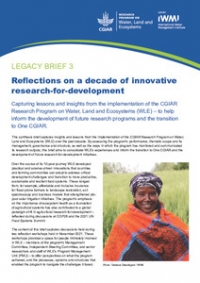In the Cañete River basin in Peru, urban residents, rafting companies, industries and farmers all depend on clean and plentiful water resources. One model to ensure the quality of these natural resources for future generations is for downstream beneficiaries to reward upstream communities in exchange for protecting and maintaining the watershed.
In 2013, researchers with the International Center for Tropical Agriculture (CIAT) came closer to putting in place such a so-called rewards for ecosystem services scheme.
New law legitimizes rewards for ecosystems services schemes
First, the International Fund for Agricultural Development agreed to contribute start-up capital to a benefit-sharing program in Cañete River basin, an area currently characterized by extensive land degradation, socioeconomic disparities and inequitable distribution of benefits.
Second, a Peruvian congressional committee approved national rewards for ecosystems services legislation developed by the Ministry of Environment, with CIAT, Conservation International and GIZ, a German development agency, acting as advisers. In June 2014 the Peruvian congress passed the law ,which promotes and regulates rewards for ecosystem services schemes throughout the country.
"The new law is important because it provides legitimacy to the schemes and guidance for their practical implementation," said Bert De Bièvre, principal researcher at the Consortium for the Sustainable Development of the Andes (CONDESAN).
Previous support for the work by CIAT and CONDESAN was provided under CGIAR Challenge Program on Water and Food. The project is now supported by the CGIAR Research Program on Water, Land and Ecosystems.
"The goal is to promote these mechanisms and overcome some of the legal bottlenecks that impede the actual implementation of these mechanisms in several watersheds of the country,"said Marcela Quintero, CIAT's ecosystem services specialist. "With this law there is no doubt that the public sector can participate in these schemes and that those who contribute to provide ecosystem services can be rewarded for this."
There are several hundred rewards for ecosystem services projects across the globe. For such schemes to work, entities downstream must be willing to reward upstream communities to protect the ecosystems.
Benefit sharing in the Cañete River basin
Peru's Ministry of Environment designated the Cañete River basin, which stretches from the Andes to the Pacific Ocean, as a pilot project because of its ecological importance.
The Cañete River basin suffers from degraded land in the upper basin due to overgrazing, subsistence agriculture and mining. A hydropower company and shrimp farmers are in mid-basin, while the lower basin includes urban water users, rafting companies and water-inefficient commercial agriculture.
The goal is for users in the lower basin to voluntarily pay a portion of the benefits they derive to communities in the upper basin, who would pledge to protect the ecosystem by improving farming practices and investing in forest conservation and wetland rehabilitation. The rewards could include direct payments or contributions to improve schools, health care and other services.

Policy support
In 2014, CIAT and the Inter-American Institute for Cooperation on Agriculture are examining the institutional, legal and financial bottlenecks preventing rewards for ecosystem services schemes from being implemented and are evaluating potential solutions. One of the obstacles to disbursing rewards in the Cañete River basin, for example, is the lack of a clear land ownership system.
Information from the bottleneck study is being used to help Peru's Ministry of Environment develop regulations for the new law. CIAT recently signed a new five-year agreement with the ministry to help it with developing more specific regulations and registration processes.

















